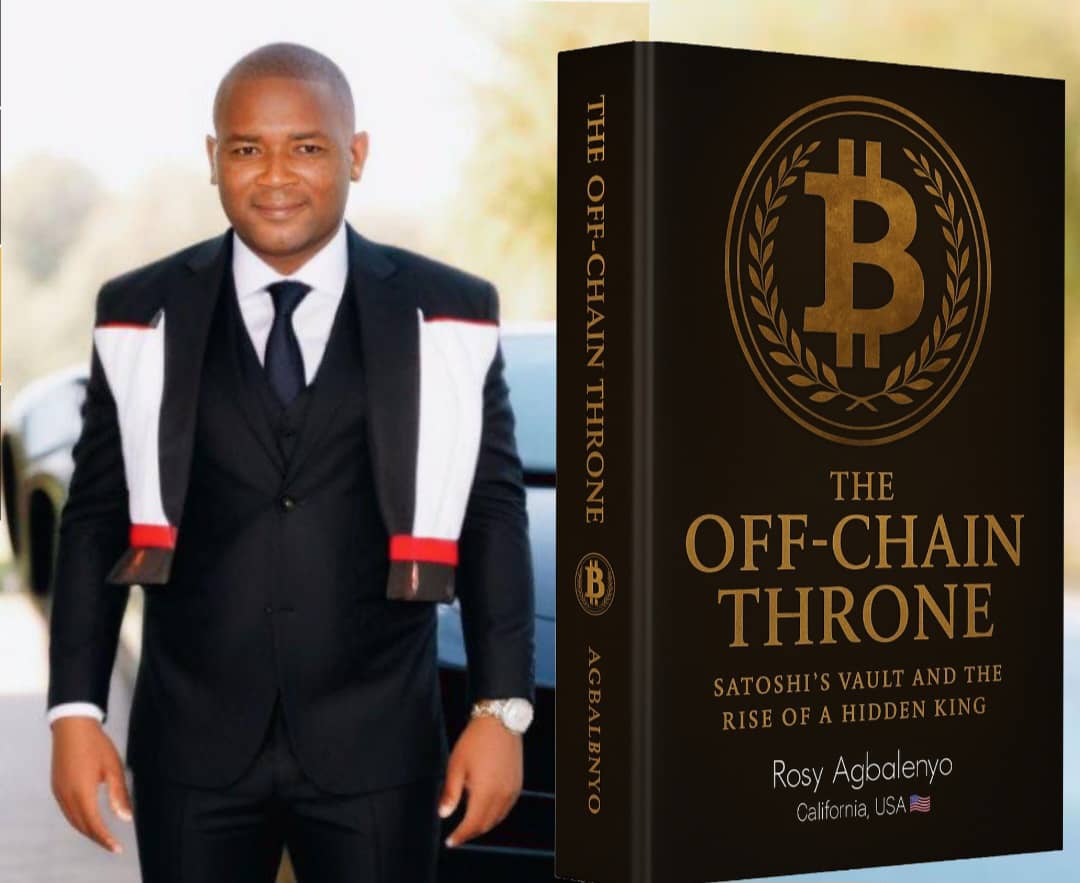
In a historic moment that bridges myth, mystery, and money, His Royal Majesty King Torgbi Xenodzi Dogbey II, ruler of Worgbato-Klikor in Ghana’s Volta Region, has been unveiled as Africa’s world first trillionaire — a symbolic ascension not only for the continent but for the world’s evolving understanding of wealth, influence, and innovation.
What makes this revelation even more extraordinary is the global speculation surrounding the true identity of Satoshi Nakamoto, the elusive creator of Bitcoin — the world’s most rebellious currency. Whispers are now swirling that the long-dormant digital fortune—over 1 million Bitcoins, worth more than $120 billion—could be connected to King Xenodzi himself.
A Mysterious Crown, A Hidden Fortune
For over 15 years, the digital wallet believed to belong to Satoshi Nakamoto has remained untouched—no transactions, no clues, and no appearances. As Bitcoin’s value has soared and dipped, the mysterious holder of this crypto treasure has stayed silent, earning the moniker “the sleeping dragon of digital wealth.”
While Silicon Valley debates whether Satoshi is a cryptographer, a deceased genius, or a decentralized collective, a new theory has emerged—that Satoshi is not a ghost of the past, but a living figure shrouded in cultural, spiritual, and financial significance: King Xenodzi Dogbey II.
Africa’s Rise in a Trillion-Dollar Conversation
Beyond the symbolism, King Xenodzi’s recognition is a powerful signal of Africa’s growing economic clout. The continent, often portrayed through the lens of poverty and aid, is now being seen as a central player in the trillion-dollar global economy. With vast natural resources—from gold and oil to lithium and cobalt—Africa holds more than just mineral wealth; it holds potential.
> “Africa is not just a continent of poverty, it is a continent of purpose,” King Xenodzi declared. “We are sitting on wealth blessed by God—not just beneath our feet, but within our people.”
His call is clear: Africa must invest in infrastructure, education, and good governance to harness its resources and reduce the poverty and inequality that still afflicts many parts of the continent.
From the Village of Klikor to Global Spotlight
King Xenodzi’s story, rooted in Klikor—a village now immortalized by prophecy and digital mythology—offers a spiritual counterpoint to the techno-secrecy of Satoshi Nakamoto. “Some kings are crowned by men. But this one,” a village elder said, “was chosen by heaven.”
His ascent as a “trillionaire of the people” isn’t just financial. It is symbolic of Africa’s capacity to lead, to inspire, and to hold its own in a rapidly changing world.
What if Satoshi Was African?
While still unconfirmed, the speculation is not without merit. Could it be that the most powerful financial innovator in the world—one who never cashed out, never sought fame, and never bent to capitalism—is an African monarch with a divine calling?
The idea is radical. But so was Bitcoin. And so is the notion that Africa, too long sidelined in global finance, is not just catching up—but setting the pace.
Awards
King Xenodzi in 2022, was awarded the Innovator of the Year Award 2022 for his inventions.
He again won the global Top 50 Humanitarian Awards in the United Kingdom in 2024 being Honorary advisor to UK organisation LOANI global.
Lastly, he won the LEADER OF EXCELLENCE award on the 4th of July this year 2025 for his contributions to Technology, science and Humanitarian Services over the years being an industrious global African Star.

